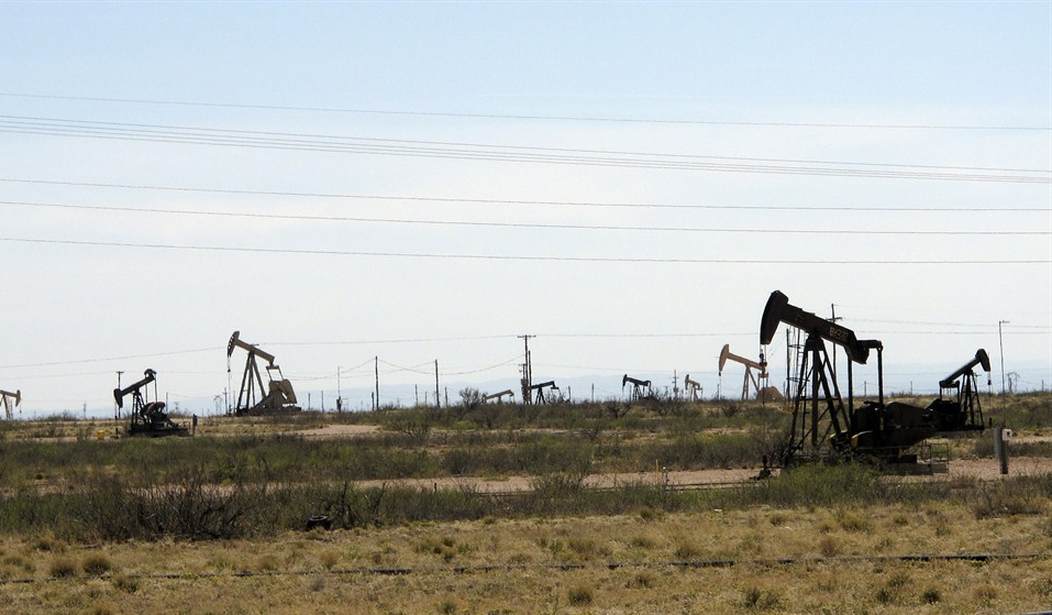Judge James D. Cain Jr., a federal judge in Louisiana, has thrown a gigantic monkey wrench into the Biden administration’s plans to implement schemes that would use the “social cost of carbon” to measure the real-world impact of climate change.
The administration was planning on using the entirely fictional number of $51 per ton of carbon dioxide emissions to calculate taxes, fees, and the cost of infrastructure spending. It’s fictional because when Donald Trump was president, the number was $7 per ton of carbon dioxide emissions.
Isn’t it positively magical how the cost per ton of CO2 jumped seven times in a year?
Anyway, the hard-eyed federal judge decided to crack down on this nonsense.
The Feb. 11 decision by a Louisiana federal judge blocked the Biden administration from using a higher estimate forthe damage that each additional ton of greenhouse gas pollution causes society. This formula, calledt he social cost of carbon, applies to consequential decisions affecting fossil fuel extraction on public lands, infrastructure projects and even international climate talks.
The Justice Department said it intends to appeal the Louisiana judge’s preliminary injunction. But in the meantime, the ruling could set off a scramble at federal agencies to redo their analyses of major decisions that relied on the higher social cost of carbon, a top Biden administration official warned in a brief filed Saturday.
Rather than argue why the increase in the cost per ton of CO2 emissions should be allowed, the bureaucrats are complaining that the preliminary injunction issued by the judge would create an enormous amount of work for them.
Mancini noted that the Energy Department had identified 21 rulemakings that would be affected by the ruling, while the Environmental Protection Agency had identified five and the Interior Department had pinpointed three. In addition, he said, Transportation Department officials had expressed concern about the potential for months-long delays to a grant program for rail and transit projects.
“The cumulative burden of the Preliminary Injunction is quite significant,” he added. “Regulatory impact analyses and analyses in support of other agency actions are often very complex and time-intensive studies that agencies can spend months developing and refining.”
The bureaucrats are trying to finagle a reversal of the ruling based on a legal “out” given them that says the court can’t issue a ruling that would create too much of a burden on the agencies. Since there’s no “emergency” that can be justified, the burden is ultimately bearable and should be allowed.
But when it comes to environmental policy of any kind, courts usually give the EPA a wide latitude in deciding what’s best for the environment. Indeed, the full appeals court may yet allow the higher price per ton of CO2 to continue.
That would be a mistake. In a time when the Biden administration is shutting down drilling on federal lands, the U.S. desperately needs to ensure a supply of oil in the not too distant future.










Join the conversation as a VIP Member